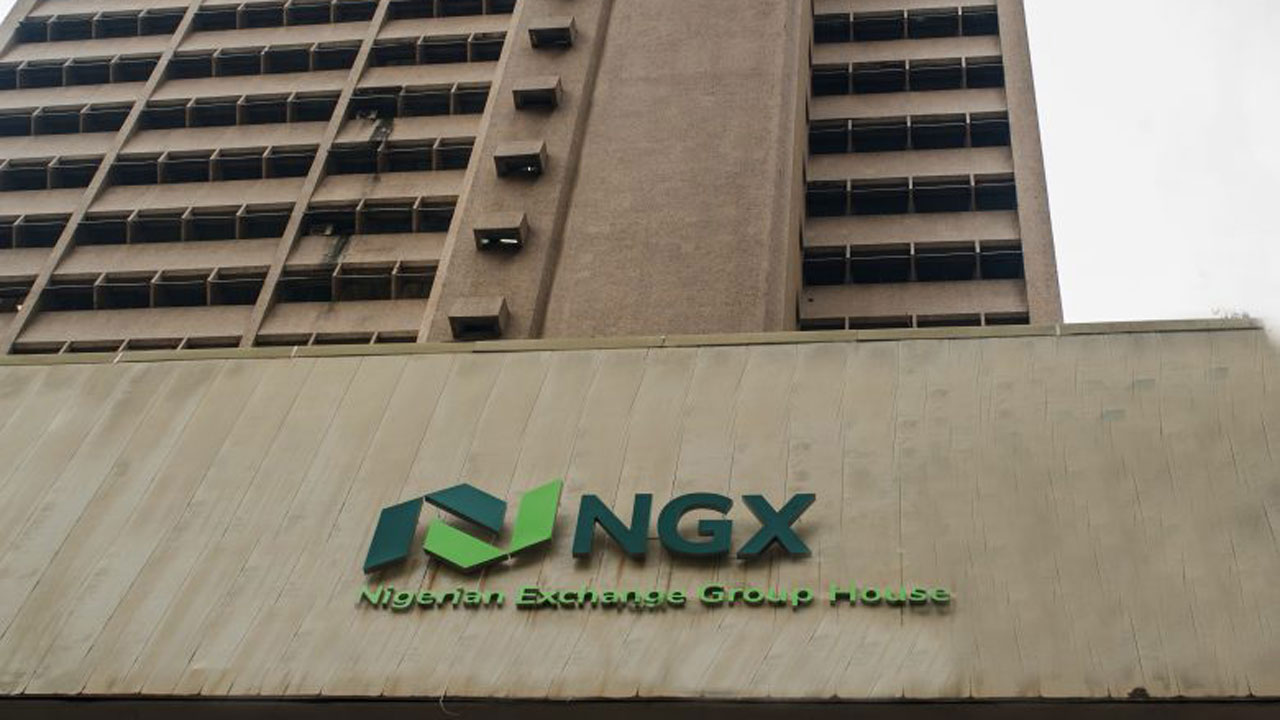-

-
Wikirise.com Advertise with Us HereStats: 4,783 members, 41,615 Posts
Number of Comments : 2,630
Date: Saturday, 16th November 2024
Investors lose N2.7 trillion as high interest rates, others depress market indices
By Essang Michael - November 2, 2022 | Categories: Business Tags: Economy
Share this post:

Rising interest rates and other macro economic challenges have continued to hit hard on the equities sector of the Nigerian Exchange Limited (NGX) as investors lost over N2.7 trillion in the month of October.
Specifically, the All-Share Index (ASI) decreased by 10.58 per cent to close at 43,839.08 points on October 31, 2022 from 49,024.16 points it closed trading on September 30, 2022.
Similarly, the market capitalisation recorded a monthly loss of N2.573 trillion to close at N23.878 trillion on October 31, 2022 as against N26.451 trillion it opened trading on October 4, 2022.
Analysts attributed the decline to the selloff of top telecommunication player, Airtel Africa Plc, noting that investors’ pessimistic disposition toward domestic equities accelerated throughout October.
They noted that the local bourse will remain lull and broadly bearish as the prospect of even higher interest rates and the depressed exchange rate weigh on investor sentiments in the medium term.
Chief executive officer, Wyoming Capital and Partners, Tajudeen Olayinka, attributed the decline in market performance in October 2022 to economic headwinds and Airtel Africa Plc’ price correction.
“We are actually in a period of prolonged re-pricing of securities across markets and instruments, due to multiplicity of factors. We expect recovery to begin to take place once the economy begins to look more prosperous or stable. For those who may wish to invest on a long-term basis, the future starts today, while those who may wish to speculate for short-term benefits will need to exercise caution, as the downside risk is not completely out yet. On a balance of probability, however, prices appear good and reasonable for the long-term horizon.”
Vice chairman of Highcap Securities Limited, David Adonri also attributed the decline in stock market to investors’ profit-taking in Airtel Africa that is currently adjusting to the bearish reality of the capital market.
According to him, right from the penultimate year to the election, the socio-political atmosphere becomes charged, even as politicians resort to violent rhetoric and divisive tactics, which deepens the country’s socio-political fault lines, to establish a competitive edge.
“During this period, the economy becomes overloaded with money arising from excessive election spending, which spikes inflation. Historical antecedents indicate that on average, both equities and bonds show positive or negative performance in the penultimate year and immediately after the election.
“While the drama of general elections can make your imagination run wild, what you need to watch out for is how the unfolding scenario will affect the economy, the capital market, and your portfolio,” he advised.
Chief Research officer of InvestData Consulting Limited, Ambrose Omordion said despite the lingering high interest rates atmosphere, rising inflation and slowing industrial output , occasioned by policy changes and uncertainty around the globe, there are sectors, industries and individual stocks still seeing positive activities from traders and investors.
However, he pointed out that there are stocks equities players should pay attention to, noting that the correction in the NGX index action creates buying opportunities in some sectoral stocks with high dividend high yield and positive earnings growth.
On market outlook, Omordion said: “We expect mixed sentiments to continue in reaction to earnings release so far and bargain hunters are taking advantage of the low prices to reposition ahead of more Q3 corporate earnings.
“This is just as banking stocks are gaining attention, despite profit taking that makes the sector more attractive for income investors, while portfolio rebalancing continues on bargain hunting in the midst of the worsening sovereign risks.
“We also note the flow of funds into the fixed income segment on the rate hike by the CBN, as sector rotation persists. Analysts are also focused on the lookout for August CPI and flow of funds amid oil prices oscillation.”
Also reacting to market performance, Cardinalstone Limited said: “For domestic equities, we believe the aversive cloud over equities may linger longer till year-end on aggressive monetary rhetoric, bandwagon effects and election-related fears.
“Notwithstanding the possibility of more market churn, we maintain that this bearish iteration presents attractive but disciplined re-entry opportunities for long-term investors.”